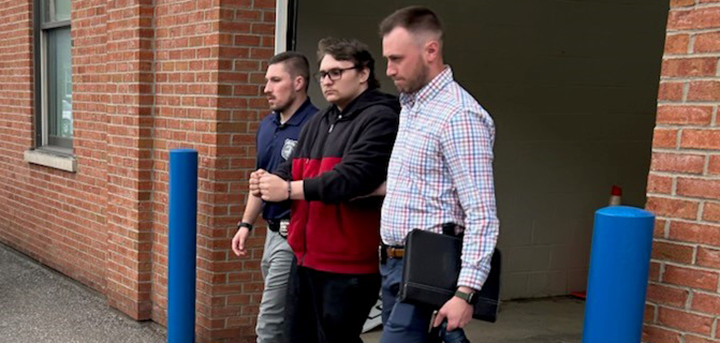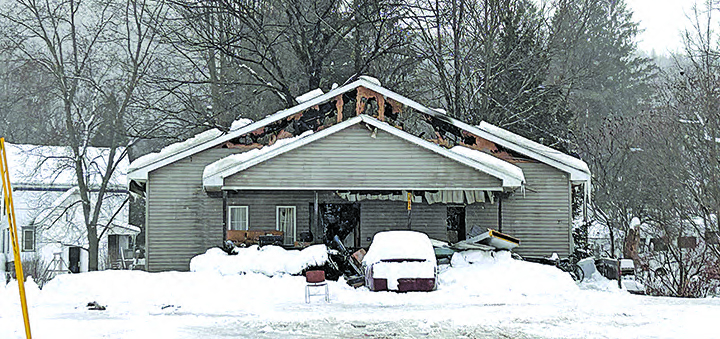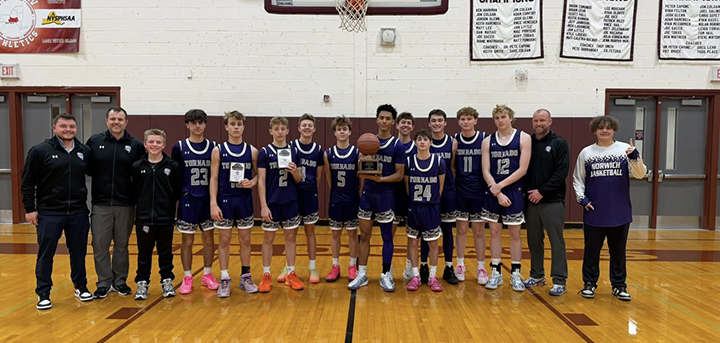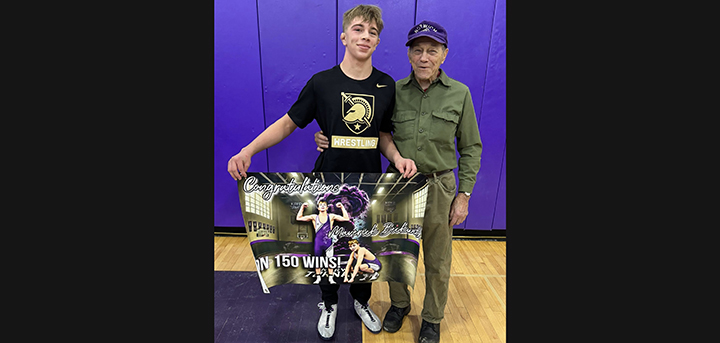Week Twelve: Big Game
The ants were on the move. I pulled my head back below the open roof and called to the driver, “Hey…. wait…. Dickson, can you stop here?” Our guide dutifully brought the modified Land Rover to a shuddering halt, stopping just a few feet away from a ribbon of safari ants two inches wide that rippled across the rutted jeep trail. I thought my fellow photographers might appreciate the chance to see the ants through the open windows, but I was a little surprised when Dickson suggested we step outside the vehicle to have a closer look. Normally, visitors to the Masai Mara are conditioned to put a healthy amount of metal, glass, or electric fencing between themselves and the wilds of Africa.










Comments